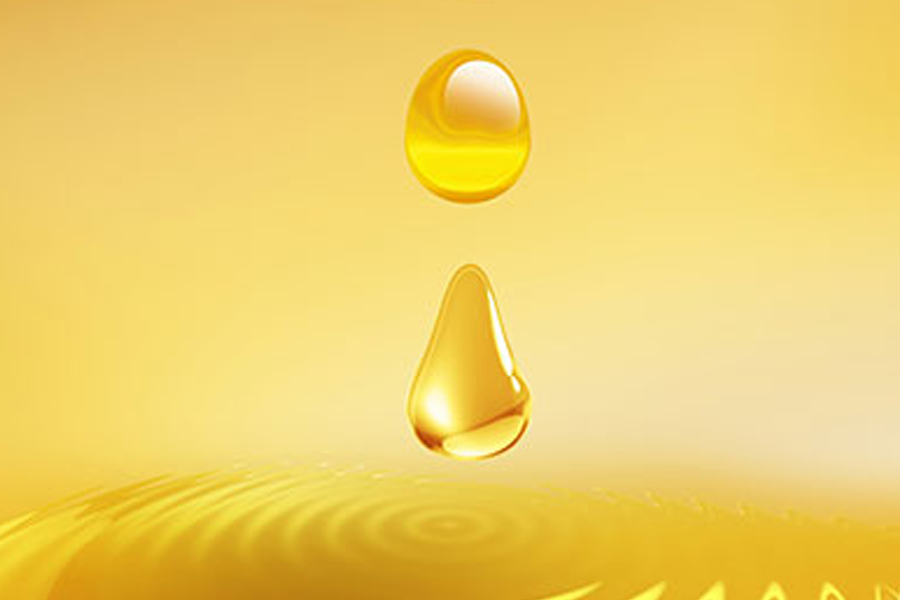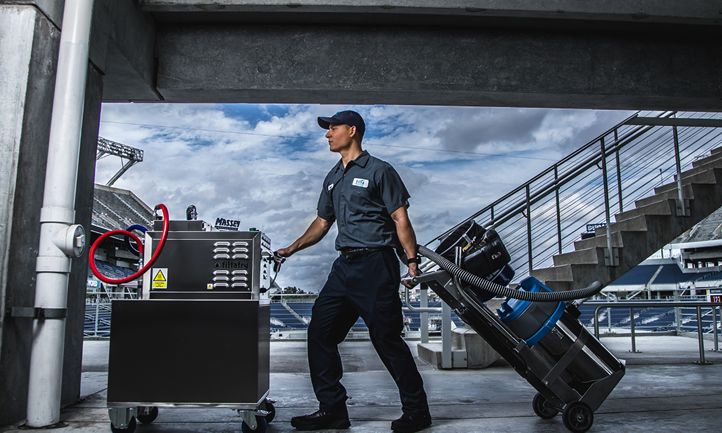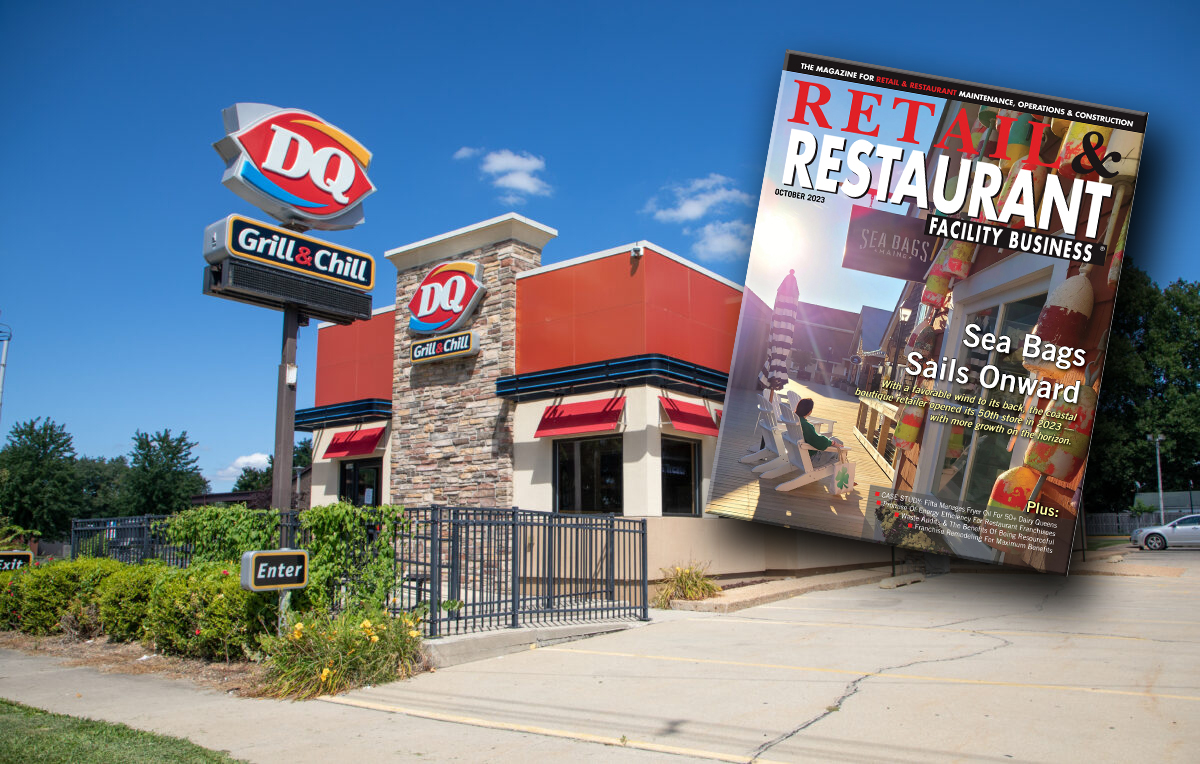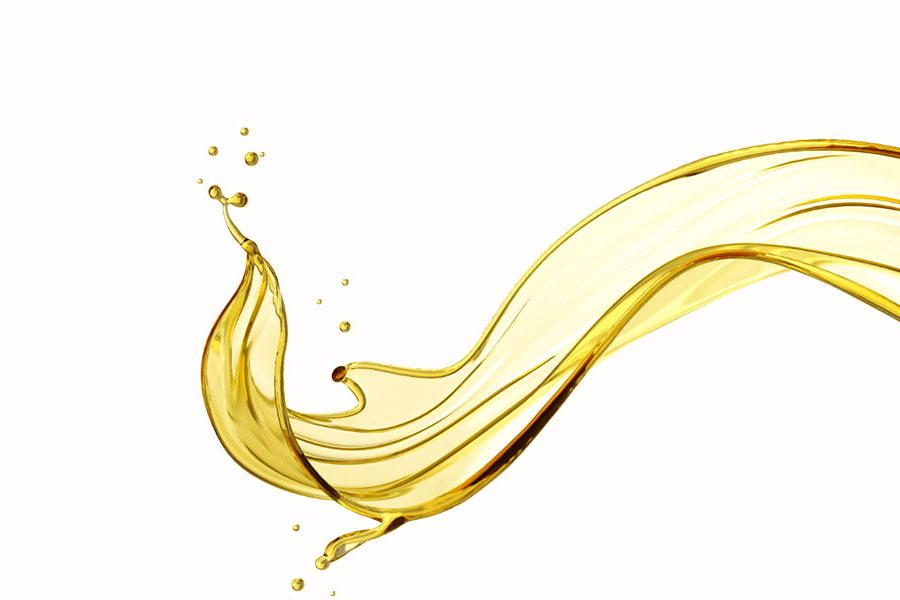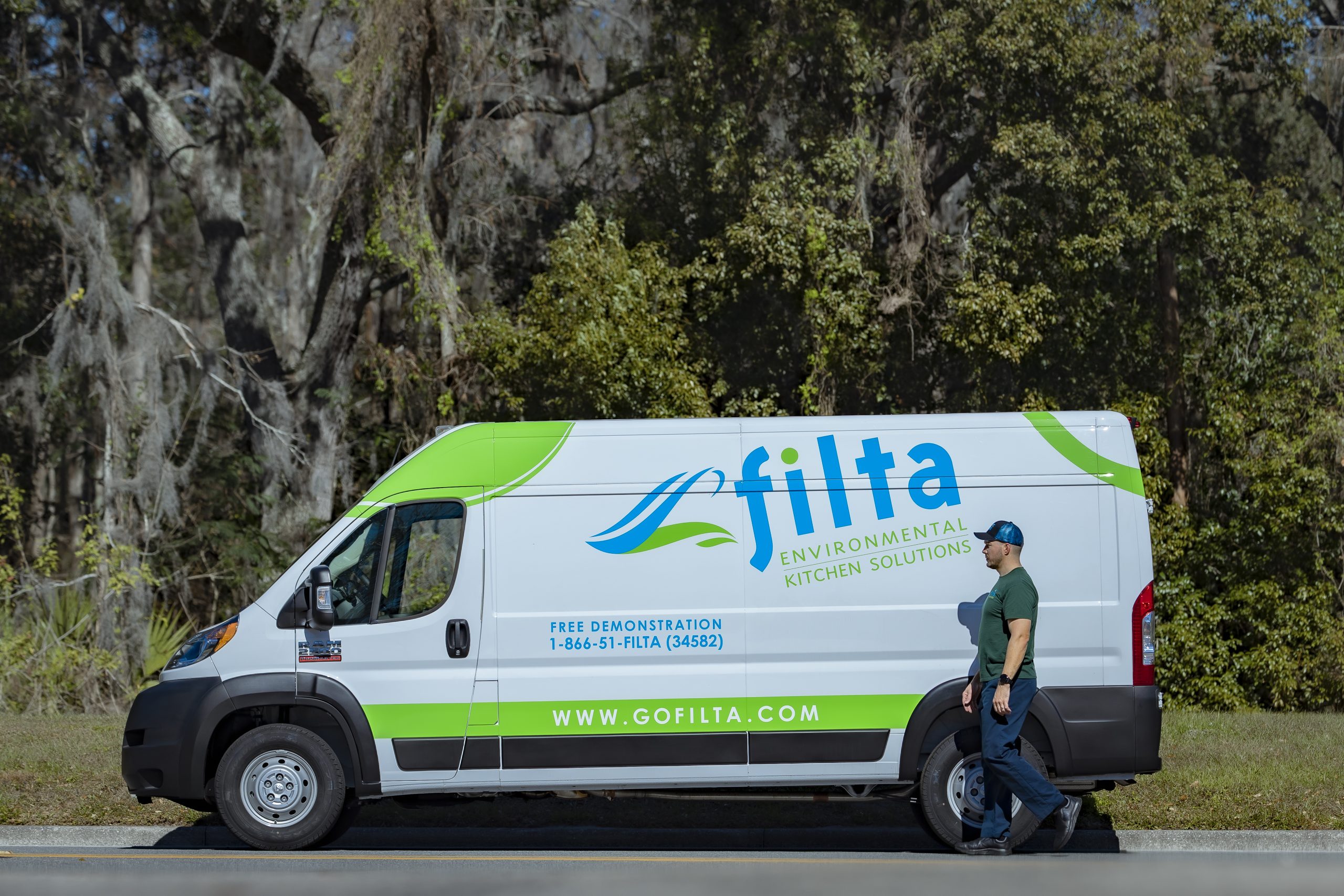As the sizzle of a perfectly seared steak and the aroma of a decadent stir-fry fill the air of a bustling commercial kitchen, there’s one often overlooked byproduct of these culinary creations – used cooking oil. Every culinary masterpiece leaves behind a residue that needs careful handling. In this guide, we’ll explore what to do with used cooking oil and delve into three disposal and recycling options that not only manage waste but also contribute to sustainability and cost savings.
Option One: Disposal Bins
One common approach to handling used cooking oil is through disposal bins. These bins offer convenience, allowing kitchen staff to pour used oil into designated, on-site containers. However, while disposal bins have their merits, they come with a set of considerations
- Regular emptying: Disposal bins require frequent emptying to avoid overflowing, which can lead to spills, odors, and unsightly messes.
- Manual disposal: Unless you invest in a potentially expensive vacuum drainage system, your staff will have to carry the oil from the kitchen to the disposal bins, which can be labor-intensive, time-consuming, and hazardous.
- Unpleasant aesthetics: Let’s face it – used oil disposal bins are not the most aesthetically pleasing addition to a restaurant. They can disrupt the visual appeal of your business and should be kept out of customers’ view. They may also develop a smell with continued use or if they have to go long periods without emptying.
- Pest potential: Over time, deteriorating bins can leak and/or build up residue, which turns them into breeding grounds for pests like flies, posing hygiene risks and potential health hazards.
- Landfill contribution: The oil disposed of from a bin has to go somewhere, and conventional disposal means taking it to a landfill. Regulations on conventional disposal of used oil vary by state and local government. So finding a landfill that will accept the used oil may prove difficult. Even if you find one, it will still contribute to the landfill’s environmental impact.
Option Two: Oil Filtration
Cooking oil filtration is a proactive method that significantly contributes to sustainability while also benefiting your bottom line. This process involves passing used oil through specialized equipment to remove food particles and contaminants. Here’s why cooking oil filtration should be on your radar:
- Extended useful life: Filtration removes impurities, which extends the lifespan of your cooking oil. This means fewer oil changes and more cost savings.
- Cost efficiency: By using filtered oil, you reduce the frequency of purchasing new oil, resulting in significant cost savings over time.
- Reduced waste: Fewer oil changes means you’ll need to dispose of your oil less, thereby contributing to a decrease in waste generation.
- Better food quality: Filtering the impurities out of your cooking oil regularly will improve the taste of your food and prevent flavor bleed when cooking different types of food using the same oil.
While cooking oil filtration offers several advantages, it’s important to note that it doesn’t eliminate the need to eventually dispose of used oil. However, it does make the disposal process more efficient and environmentally friendly.
Option Three: Oil Recycling
When it comes to what to do with used cooking oil, recycling emerges as a standout option for sustainability and waste reduction. Cooking oil recycling involves repurposing used oil for various beneficial purposes, such as biofuel production and animal feed. Here’s why you should consider cooking oil recycling:
- Environmental impact: Recycling used oil reduces its impact on landfills and water sources, minimizing pollution and environmental harm.
- Resourceful repurposing: Recycled cooking oil can be transformed into biodiesel, which serves as an eco-friendly alternative to traditional fossil fuels. Processed used oil can also be a valuable ingredient in animal feed production and organic composting, contributing to sustainable agriculture.
- Greenhouse Gas (GHG) reduction: By providing used oil to produce biodiesel, oil recycling helps reduce GHG emissions. The U.S. Department of Energy reports that biodiesel produces 74% less GHGs than petroleum-based diesel.
To make the most of cooking oil recycling, it’s advisable to work with a professional oil recycling service. While you can take your used cooking oil to a recycling center yourself, this means doing all the work and taking all the risks. You’ll have to properly collect the oil in sealed containers, locate your nearest recycling center that handles cooking oil, and schedule time and staff to take it there. All this can mean added expenses, a higher risk of accidents while moving and transporting large containers of used oil, and reduced staff productivity. A professional oil recycling service, meanwhile, is run by experts with the equipment and knowledge to handle the recycling process efficiently and responsibly.
Not an Option: Down the Drain
While trying to figure out what to do with used cooking oil, you may be tempted to dispose of it down a sink drain or other drainage opening. It’s very important you don’t do this. While disposing of liquid waste in this manner might seem like an easy solution, it causes far more problems than it solves. For one thing, oils contain fats, which solidify over time. These will build up in your drainpipes, especially in drain traps, slowing your drainage until it eventually starts backing up. This can lead to damaged pipes, expensive plumber calls, and possibly health code violations.
Speaking of violations, the dumping of used oil down drains is illegal. Oil and grease poured into sewer systems can build up into massive fatbergs that can clog large sections of sewer pipes, causing serious infrastructure damage and interrupted sewage services. If you’re found disposing of cooking oil down the drain, it can lead to fines and legal trouble.
Lastly, pouring oil down a drain may result in environmental harm. Clogged and damaged pipes can result in sewage spills, sewage leaking into the local waterways and water tables, and other environmental hazards. In short, disposing of cooking oil down the drain is never a good idea.
Choose the Best Solution for Your Kitchen
In the culinary world, every detail matters – including the responsible disposal of used cooking oil. Whether you opt for a disposal bin, embrace cooking oil filtration, or commit to cooking oil recycling, each choice you make contributes to a more sustainable and efficient kitchen operation.
Remember, the decisions you make today have a lasting impact on both your culinary creations and the environment. So, the next time you wonder what to do with used cooking oil, consider these disposal and recycling options, and take a step toward a greener, cleaner, and more cost-effective future for your commercial kitchen.
Eliminate Oil Waste with Filta
We’re eager to provide your commercial kitchen with a solution to your what to do with used cooking oil questions. We’re a van-based kitchen solution franchise that provides commercial kitchen owners and operators like you with a cooking oil disposal service, which includes deep fryer oil filtering to extend the life of your cooking oil, regular vacuum-based fryer cleaning, and oil removal and recycling services that are environmentally friendly, reduce safety hazards, and help you meet health and safety standards. We also offer additional services like regular drainage maintenance and cold storage humidity control. Request a free site evaluation and demo to learn more about what Filta can do for you.

